Dr. Andrei Krassioukov, Professor, Endowed Chair of Rehabilitation Medicine, University of British Columbia, Vancouver, BC, Canada
Dr. Andrei Krassioukov is a Professor at the Department of Medicine at the University of British Columbia (UBC) and Associate Director of the International Collaboration on Repair Discovery (ICORD). Dr. Krassioukov also holds an Endowed Chair in Spinal Cord Rehabilitation Research at UBC and serves as a physician at GF Strong Rehabilitation Centre. It is his goal, through innovative approaches in education and research, to make spinal cord injury preventable, livable and curable.
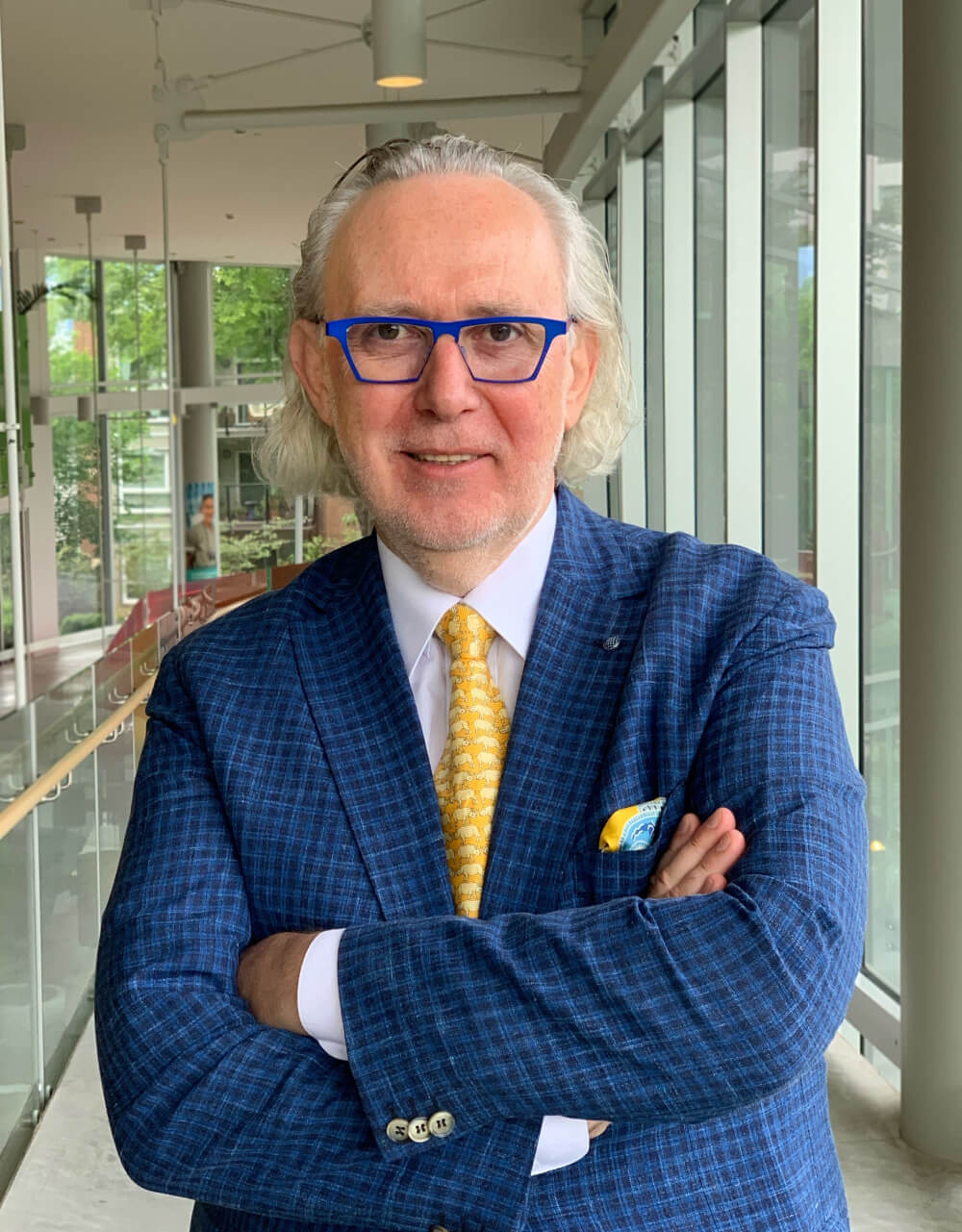
Anh-Duong (Jennifer) Phan
As a research assistant at the Krassioukov Lab at ICORD, Jennifer facilitated the recruitment, dissemination, and knowledge translation of multiple studies, with a special interest in the psychosocial aspects of spinal cord injury rehabilitation.
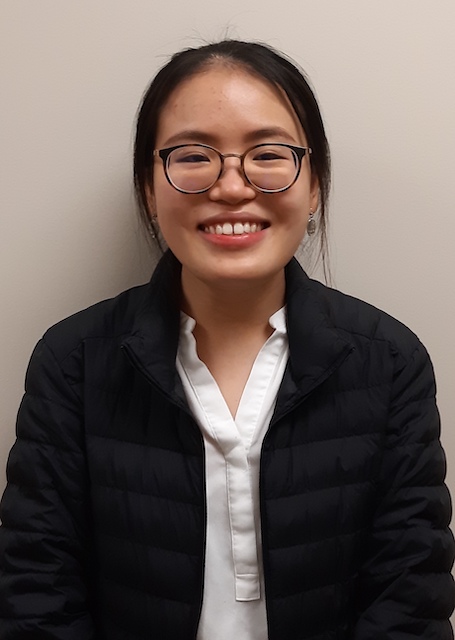
Mrs. Grace Jun, CEO of OSL, non-profit organization creating innovative lifestyle solutions for people with disability, New York, NY, USA.
Grace Jun is an associate professor at the University of Georgia (UGA) where her research and teaching focus on design and disability processes. She is also a founding member and now advisor of a national award-winning disability nonprofit called Open Style Lab (OSL), initiated at MIT in 2015. Her book, Fashion, Disability, & Co-design, released in June of 2024 by Bloomsbury Publishing, offers a curated sampling of co-design approaches inclusive of disability, and a close study into clothing applications.
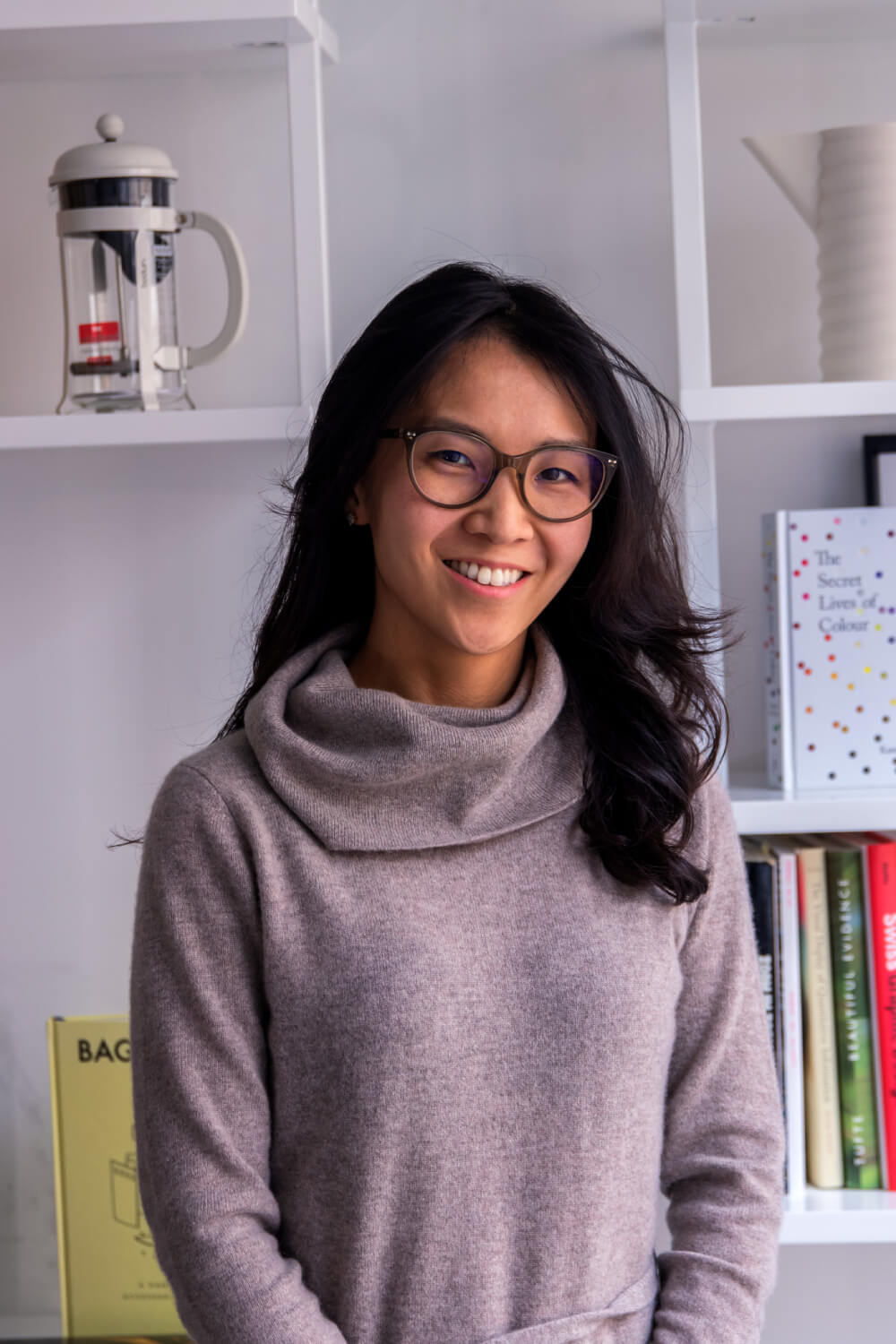
Dr. Susan Forwell, Professor & Department Head of Occupation Therapy, University of British Columbia, Vancouver, BC, Canada.
Dr. Susan Forwell is Professor and Head, Department of Occupational Sciences and Occupational Therapy, Faculty of Medicine, UBC. She is also Principal investigator, International Collaboration of Research and Discovery (ICORD). Dr. Forwell’s research interests lie in chronic neurological conditions and their impact on chosen occupations. Current projects include fatigue in multiple sclerosis (MS); pain and fatigue in spinal cord injury (SCI); fatigue in traumatic brain injury (TBI); adults successfully living with MS; and significant life transitions.
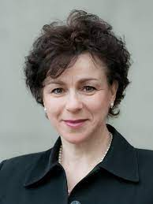
Ms. Teri Thorson, individual with spinal cord injury and model for the symposium. Vancouver, BC, Canada.
Teri Thorson has a passion for fashion as a former model throughout her years before and after sustaining a spinal cord injury at the cervical level. She created her own line of clothing in 2007 but now consults on other fashion projects especially when it comes to fashion meeting function.
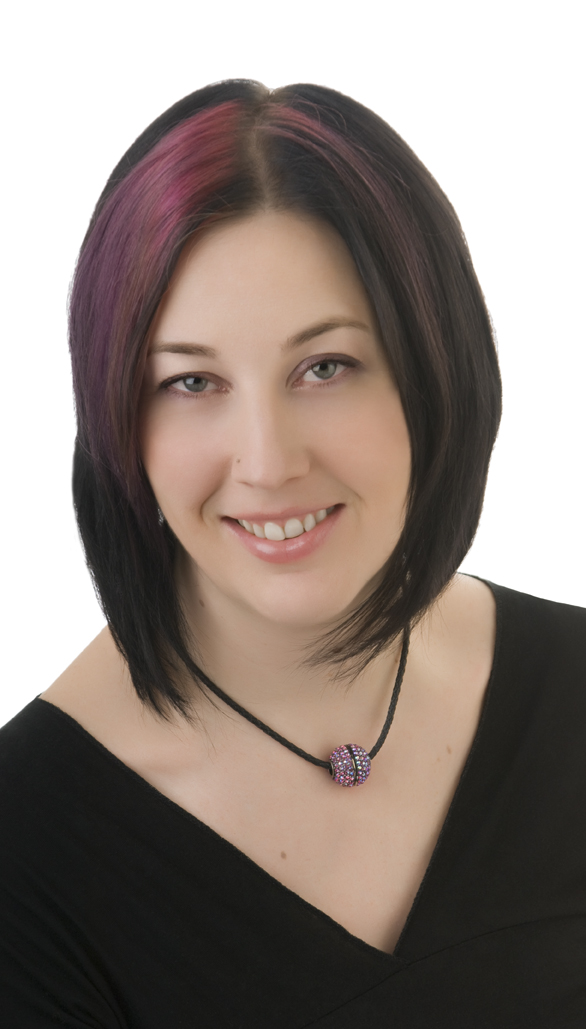
Ms. Chloë Angus, Canadian designer, and individual with SCI, Vancouver, BC, Canada
Fashion designer, entrepreneur, advocate, and paraplegic: Chloë Angus wears many hats, but fashion is her first love. Born on the Sunshine Coast of BC, Chloë has been designing clothes since she was a young girl. Now, Chloë is creating designs that are as innovative as they are classic, beautiful silhouettes that accentuate all body shapes without compromising her inherent eye for style and feel for comfort.
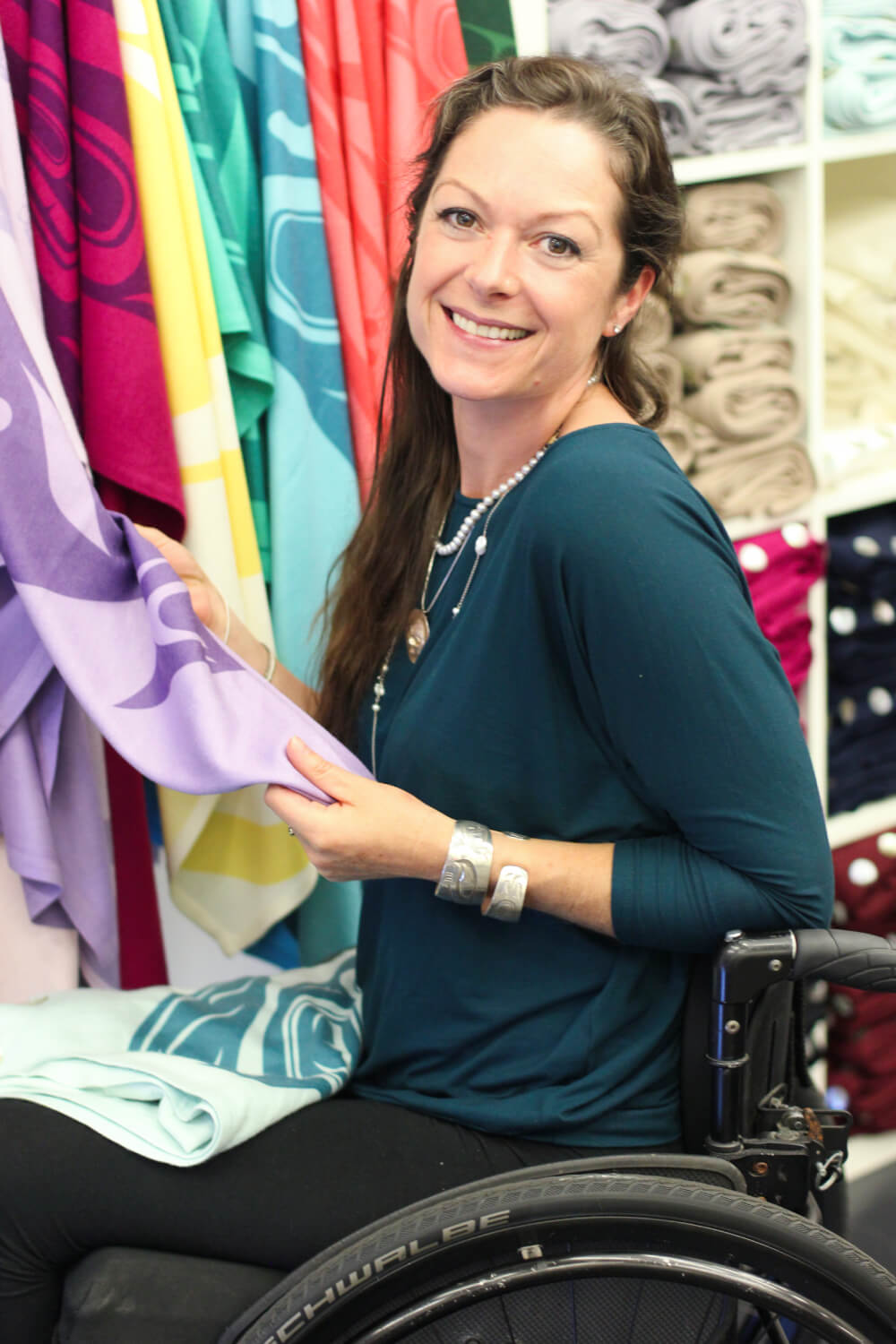
Staci Chan
Staci Chan is an occupational therapist at a Level l trauma center where she collaborates with patients and guides them towards greater independence in their meaningful roles. She engages in design research and community-based workshops addressing inclusive design and adaptive fashion with Open Style Lab.
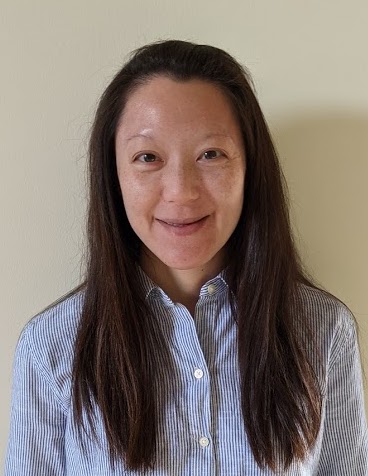
Ilia Giokaris
Ilia Giokaris is a designer specializing in human-centered design and accessibility. She creates illustrations and designs social media content for Open Style Lab.
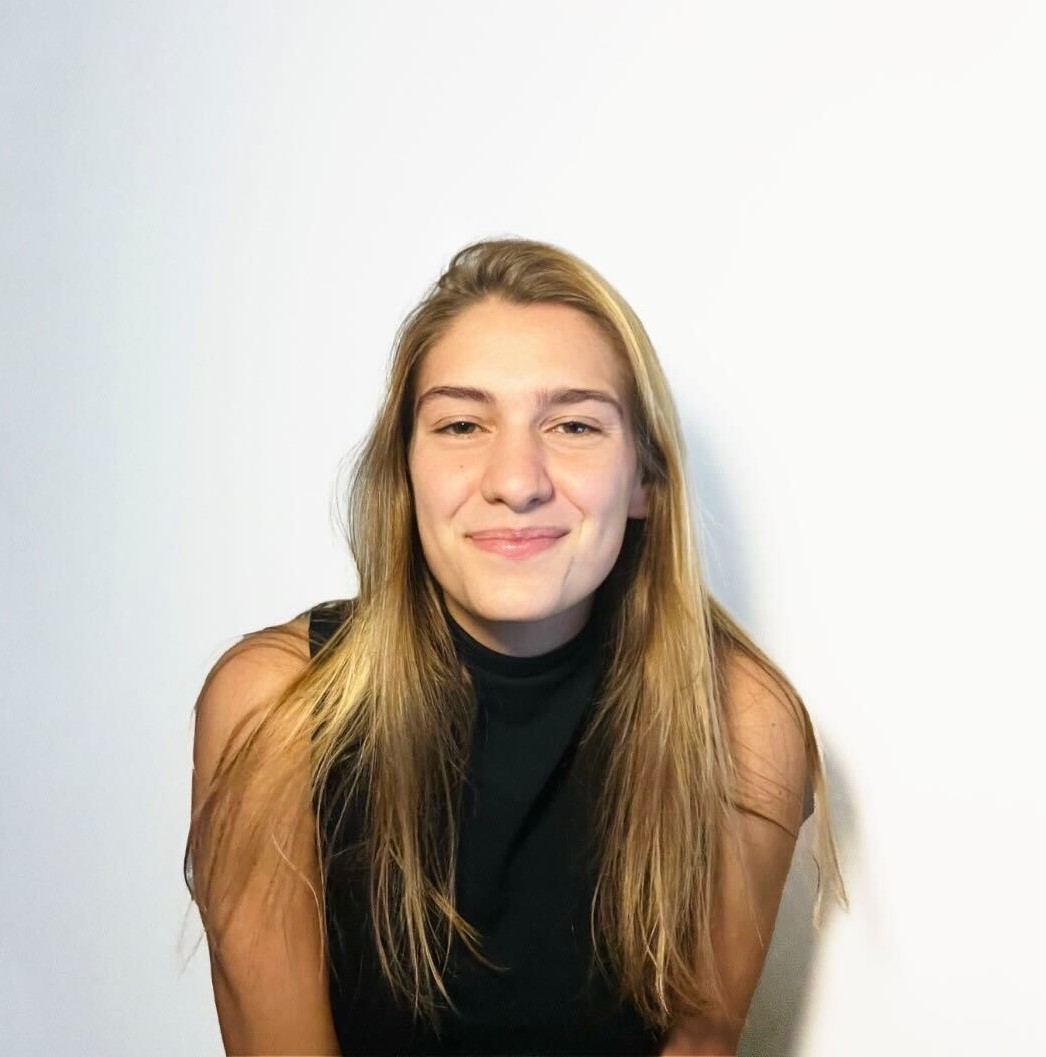
Vancouver
International Collaboration on Repair Discoveries (ICORD), a leading research centre affiliated with the University of British Columbia (UBC) and Vancouver Coastal Health Research (VCHRI), is focused on the interdisciplinary study of spinal cord injury to realize better health outcomes and improved quality of life for people living with spinal cord injury.
New York
Open Style Lab (OSL) is a 501c3 national design award winning non-profit based in New York working to make style accessible and inclusive for people of all abilities, regardless of cognitive or physical disability.